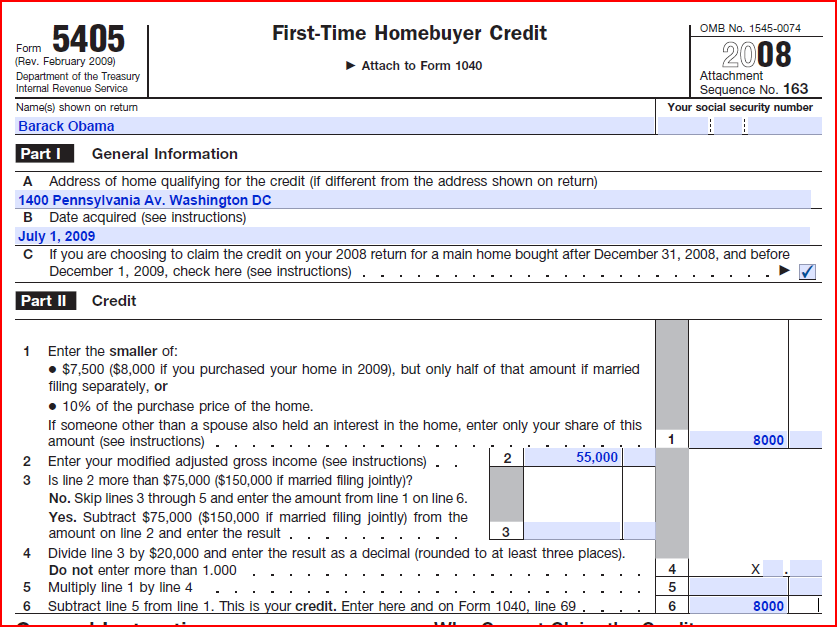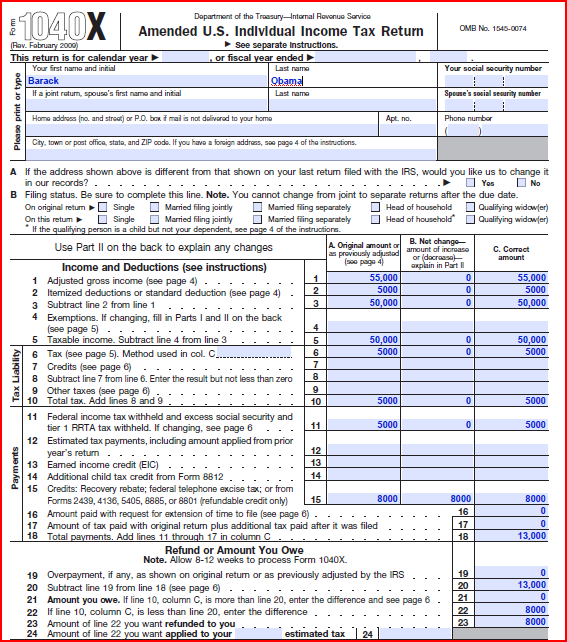As if the closing process was not difficult enough already, a new set of Truth in Lending (TIL) and appraisal regulations went into effect on July 30 and the end result will be slower closings. In the past, a lender could rush a mortgage application and close in as little as two weeks. Now, I predict that it will be difficult, if not impossible, to close in less than 30 days.
The new regulations slow things down by requiring the following:
1. Prohibits lenders from accepting payment for the loan application until a new good faith estimate of fees, now called an “early disclosure,” is given to the buyer.
2. There is now a 7 day waiting period after the early disclosure is given that must expire before closing can occur.
3. A final TIL is then mailed 3 days before closing. If this baby increases by more then .125% from the early disclosure, then the lender has to start over and give you a new 7 day waiting period to think it over. That will be fun when the buyer has his moving van packed!
4. The appraisal must also be sent to the client 3 days before closing.
Lenders are terrified of the TIL laws in general and, believe me, they will follow these regulations to a T. Lenders are afraid of TIL lawsuits because if they lose the case, they pay heavy duty damages, attorney’s fees and costs.
I am already getting calls from lenders on the day that they take an application asking for the buyer’s title charges. This is easy to estimate, but it will further slow down the process while lenders wait for seller’s attorney to call them back with the fees. I put together a simple google spreadsheet that estimates buyer’s title fees.
Ken Harney has a good summary of the new regulations. And here is an interesting, if slightly technical, presentation from Wells Fargo on how it all works.

